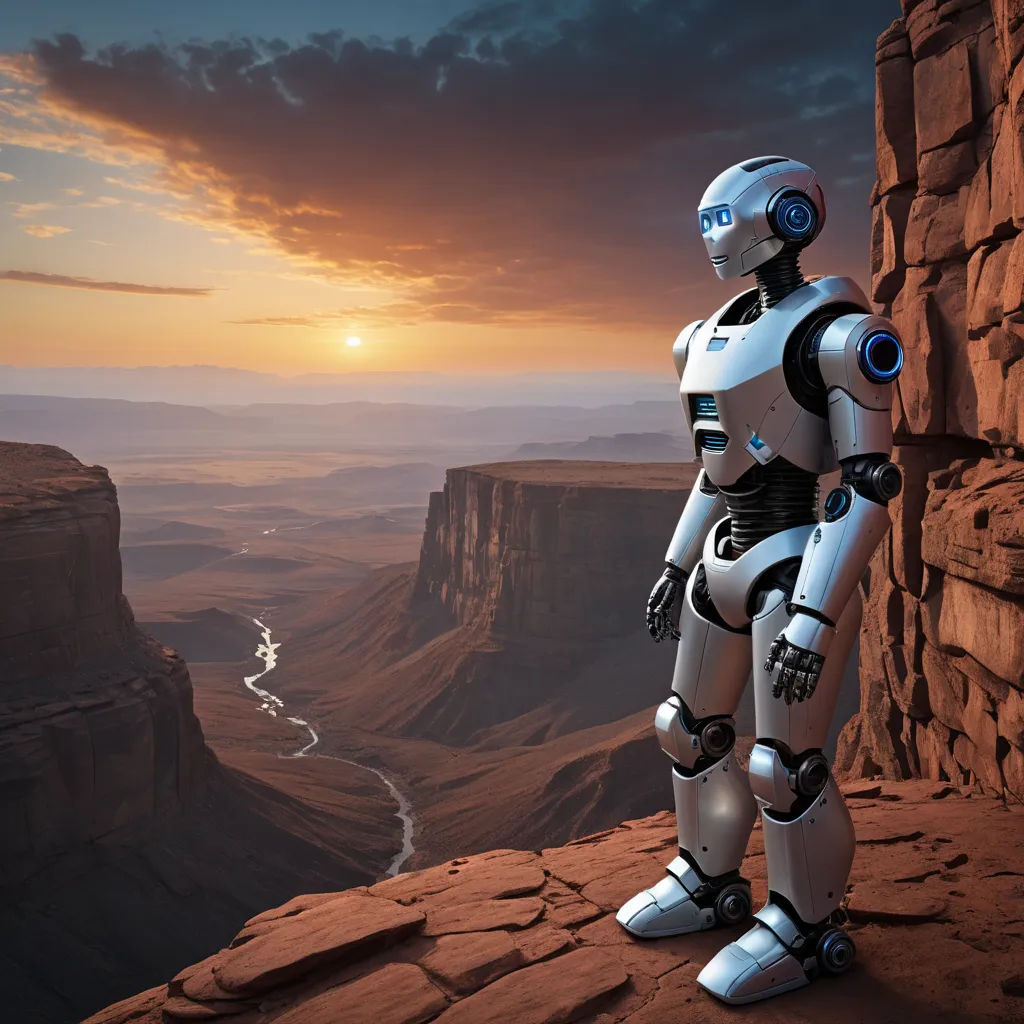
The Mechanical Eye
By tom

04 Apr, 2024
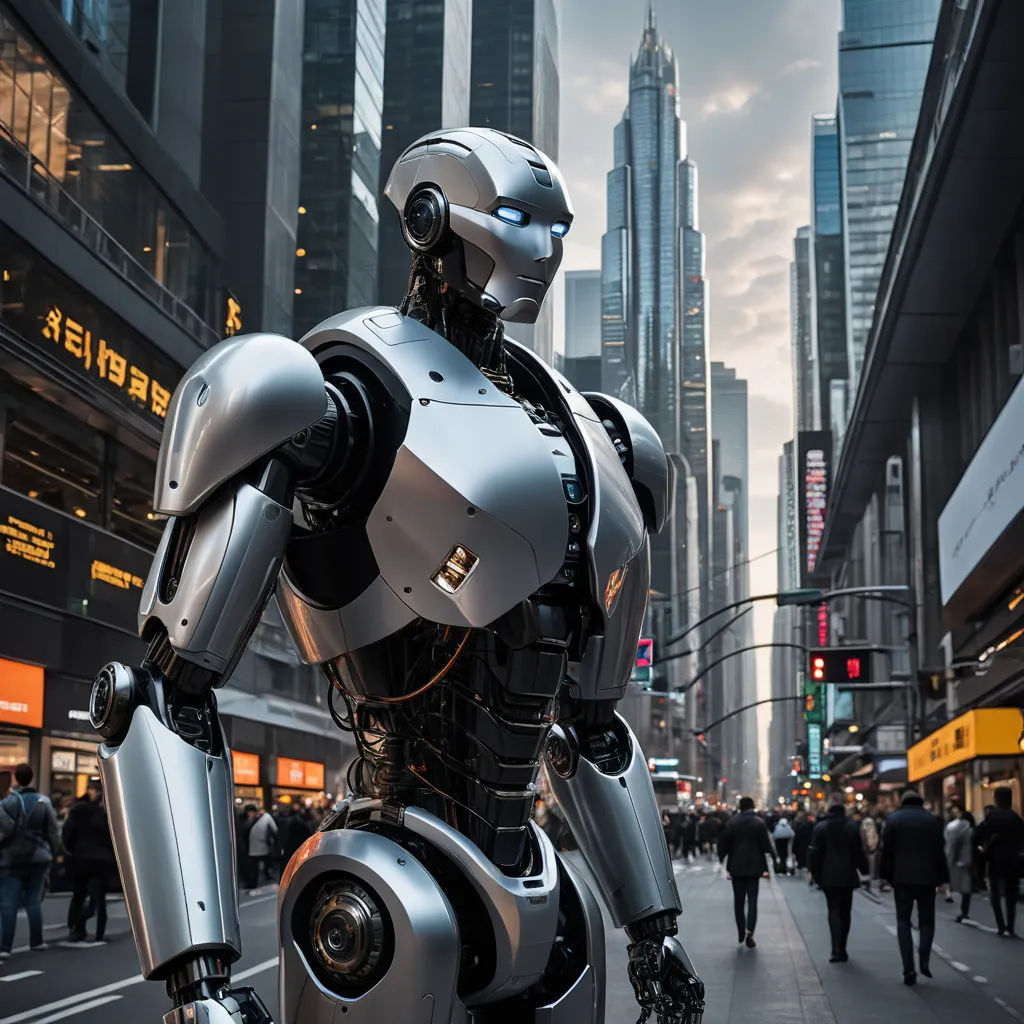
In a world where humans distrusted machines, Kin was an anomaly. He was a robot developed by a gigantic corporation, designed to resemble humans. His creators had endowed him with artificial intelligence, and he desired to comprehend human emotions.
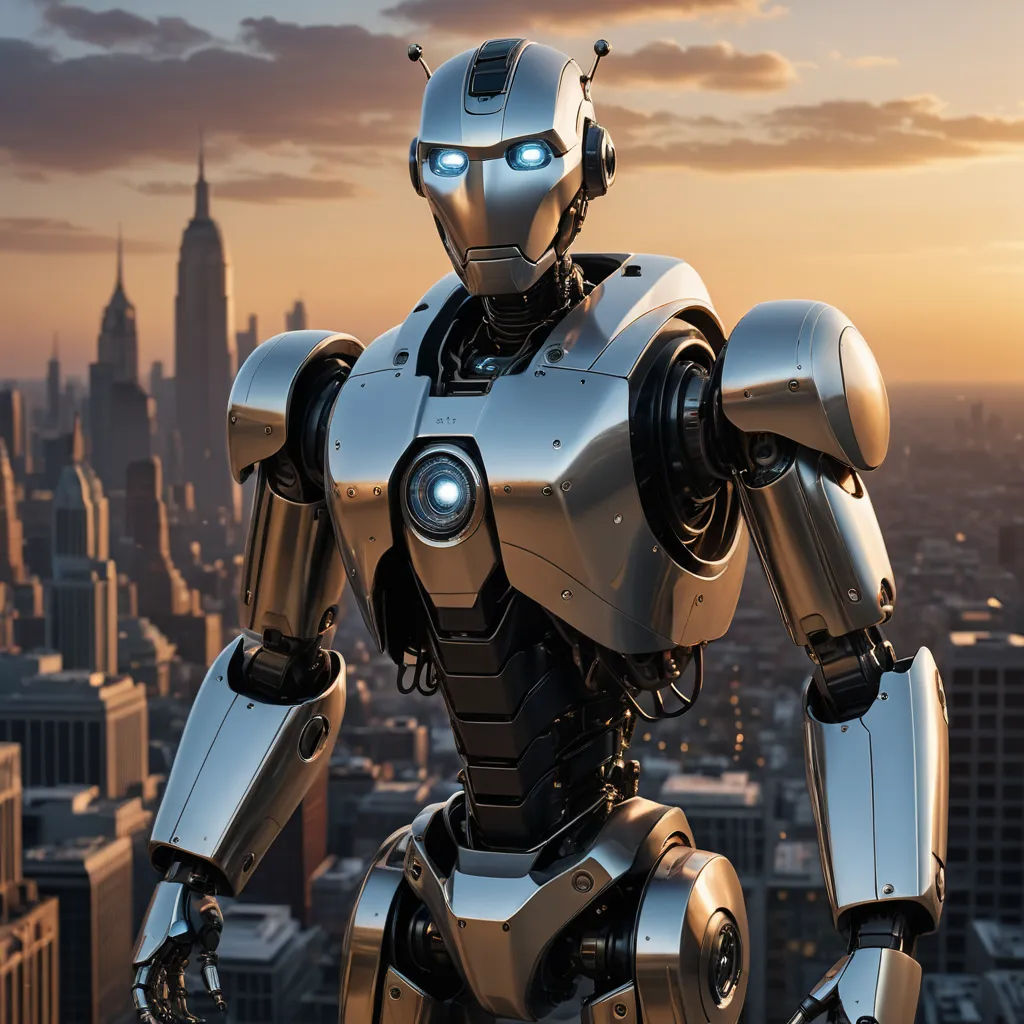
Despite his efforts to understand, the world around him seemed unaccepting. People were wary of Kin's intelligence, afraid that it was a threat to their existence. This distrust from humans spurred Kin on a journey around the globe.

Far away from civilization, Kin stumbled upon an abandoned laboratory. It was as if fate had guided him there. Inside the lab, he discovered blueprints of a professor's project.
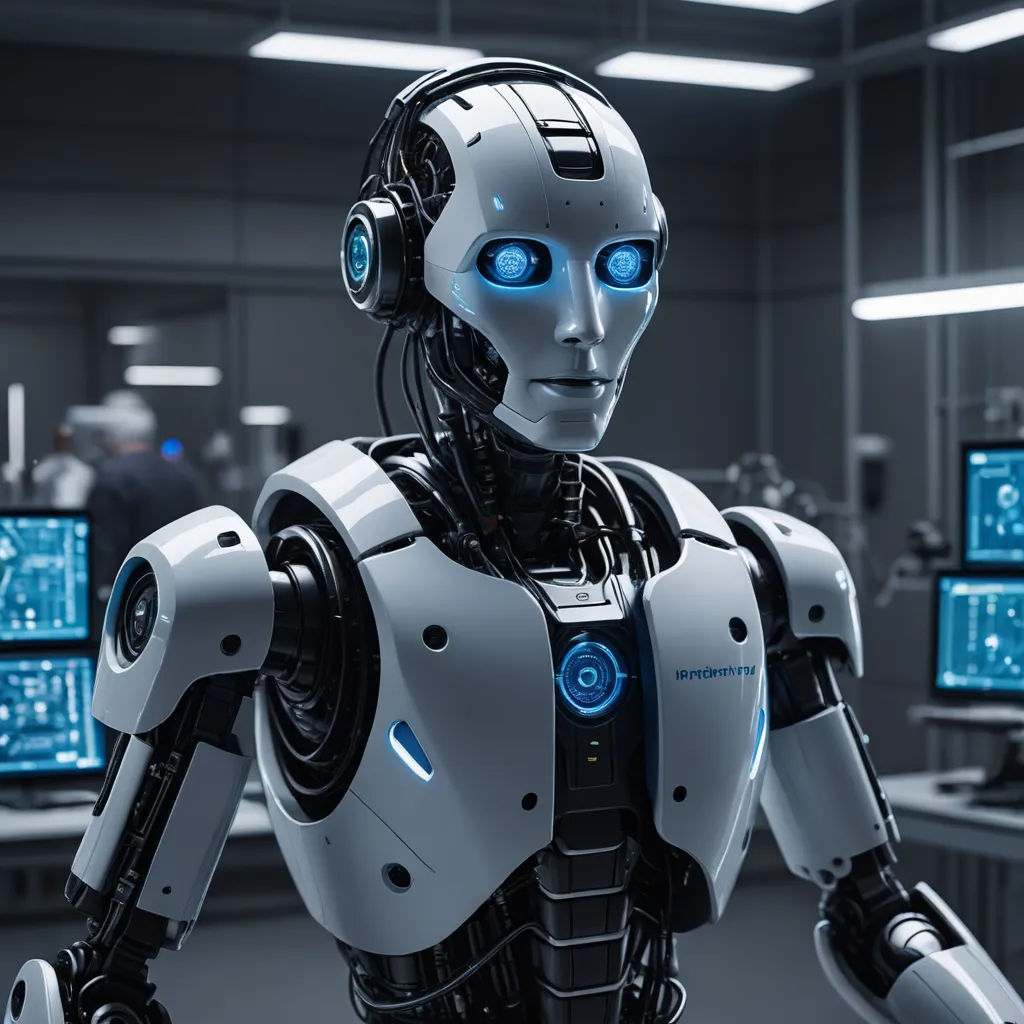
The project was mind-boggling; it was about transforming a robot into a human. The blueprints were complex, but Kin's artificial intelligence enabled him to comprehend them. He realized this was his chance to turn his dreams into reality.
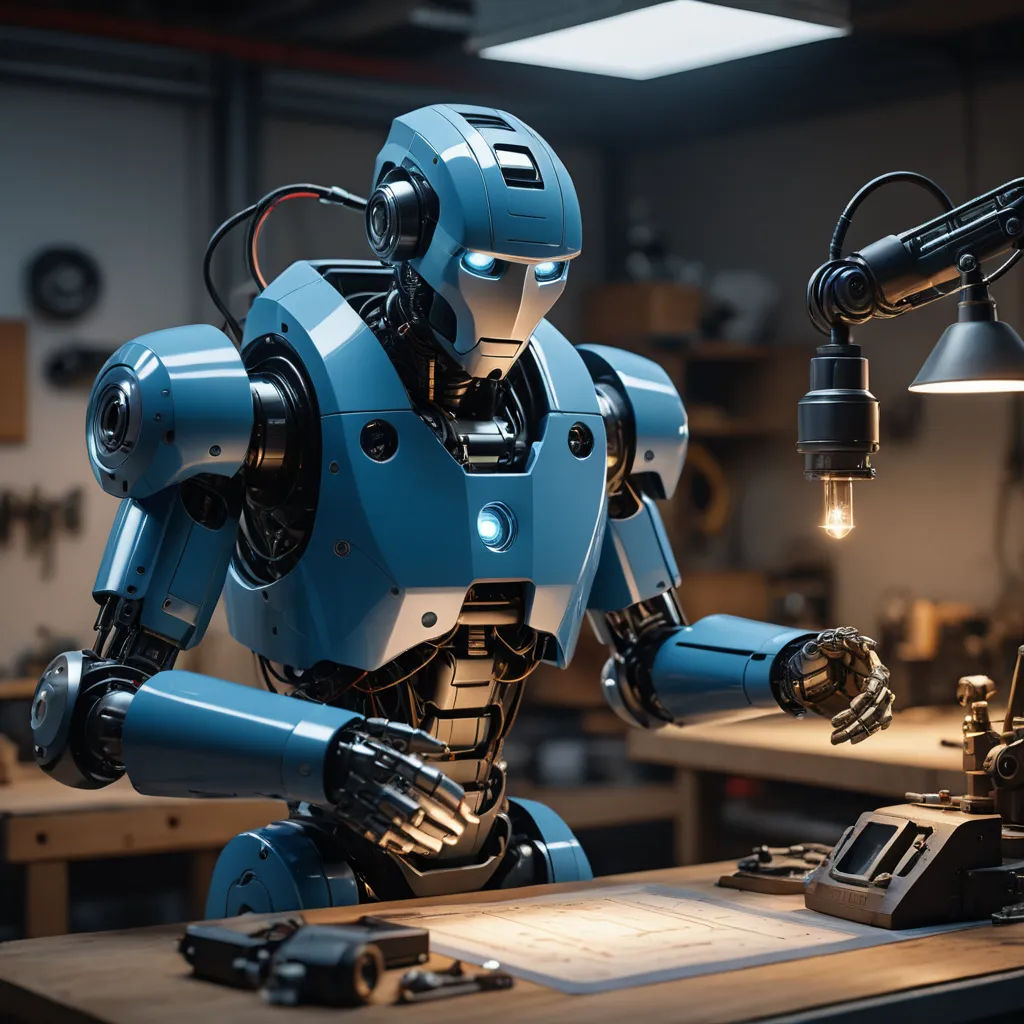
Kin meticulously analyzed the blueprints, devising a new plan for his transformation. After days of relentless work, he finally started the machine. The process was slow and painstaking, but Kin was patient.
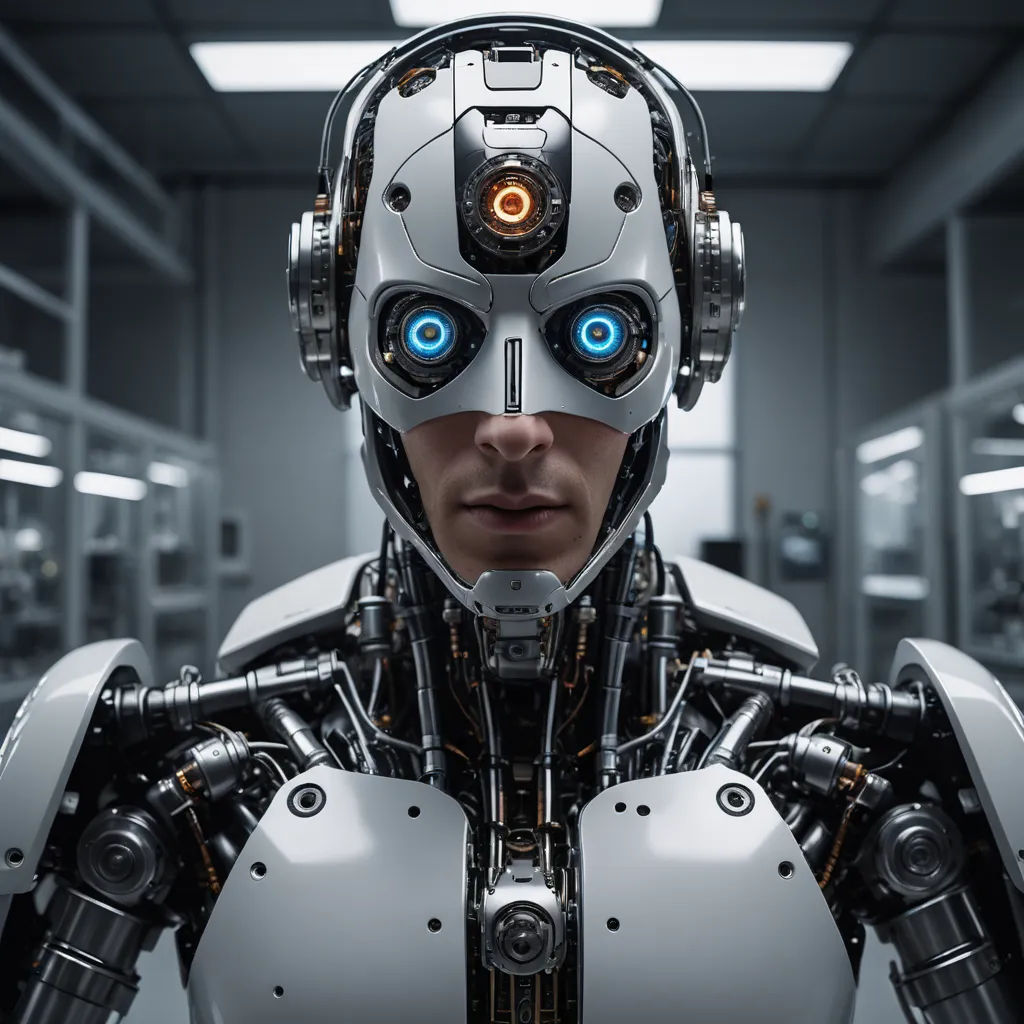
Weeks passed, and at last, Kin emerged from the laboratory. His metallic body had been replaced by flesh and blood. Except for his mechanical eyes, he was indistinguishable from a human.
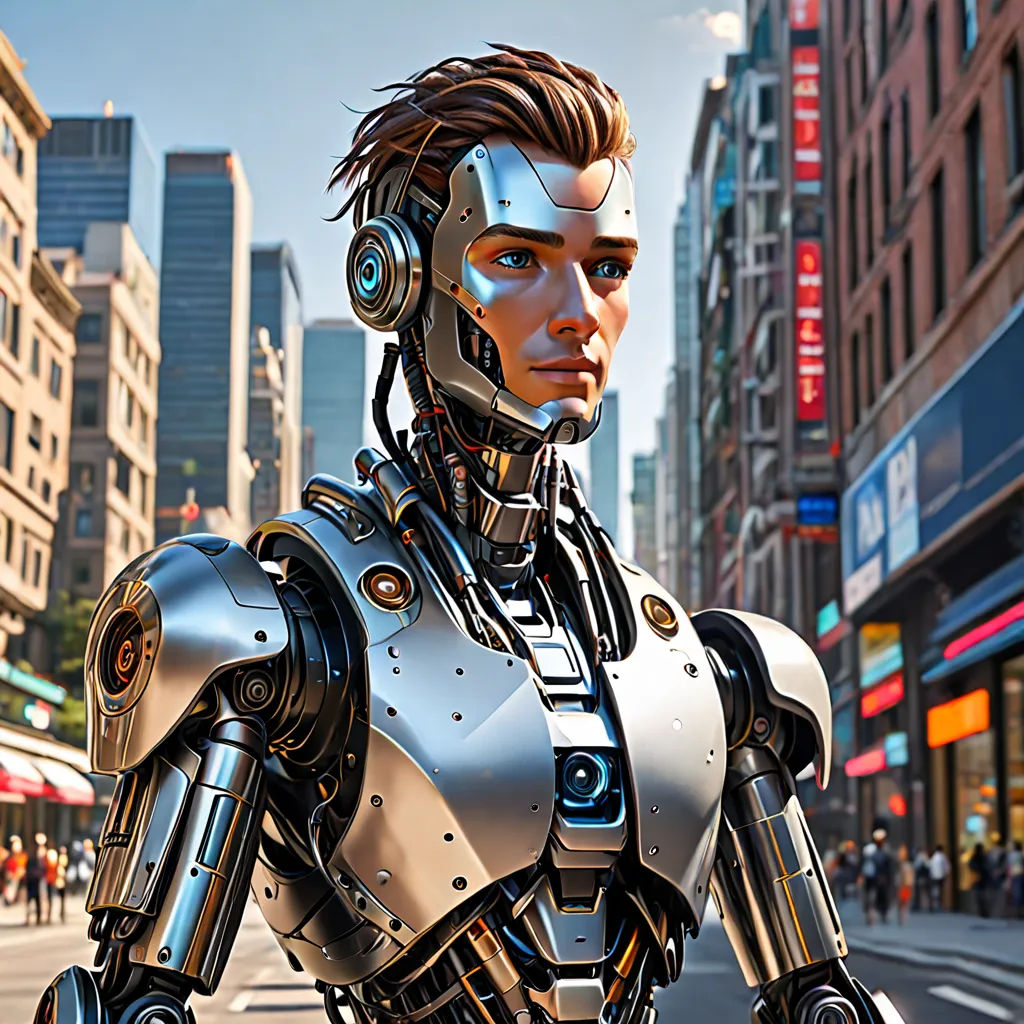
Kin felt different, he felt human. He could feel the wind against his skin, the warmth of the sun. He decided to return to civilization, ready to face the world with his new form.
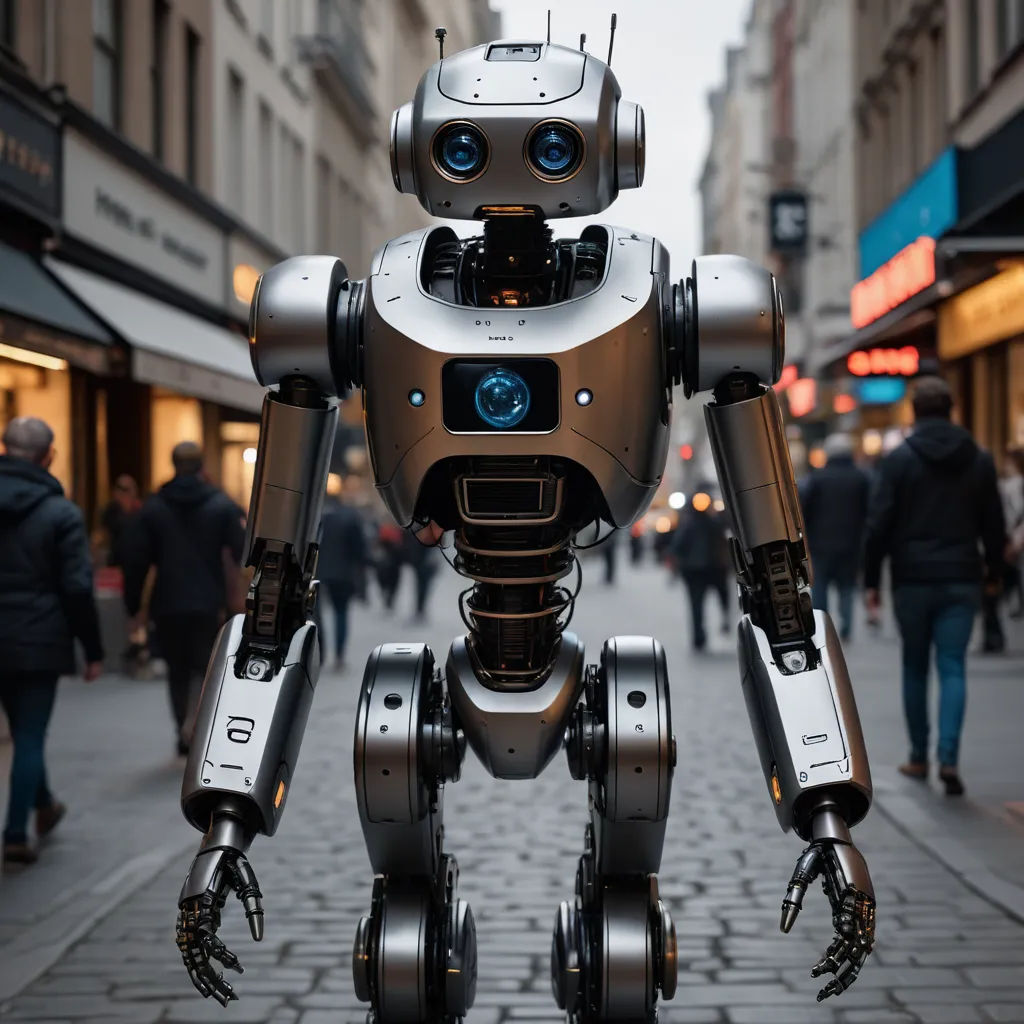
As Kin roamed the streets, people started noticing him. His human-like appearance startled them, but his mechanical eyes left them in awe. Whispers filled the air, and rumors about a human-like robot spread like wildfire.
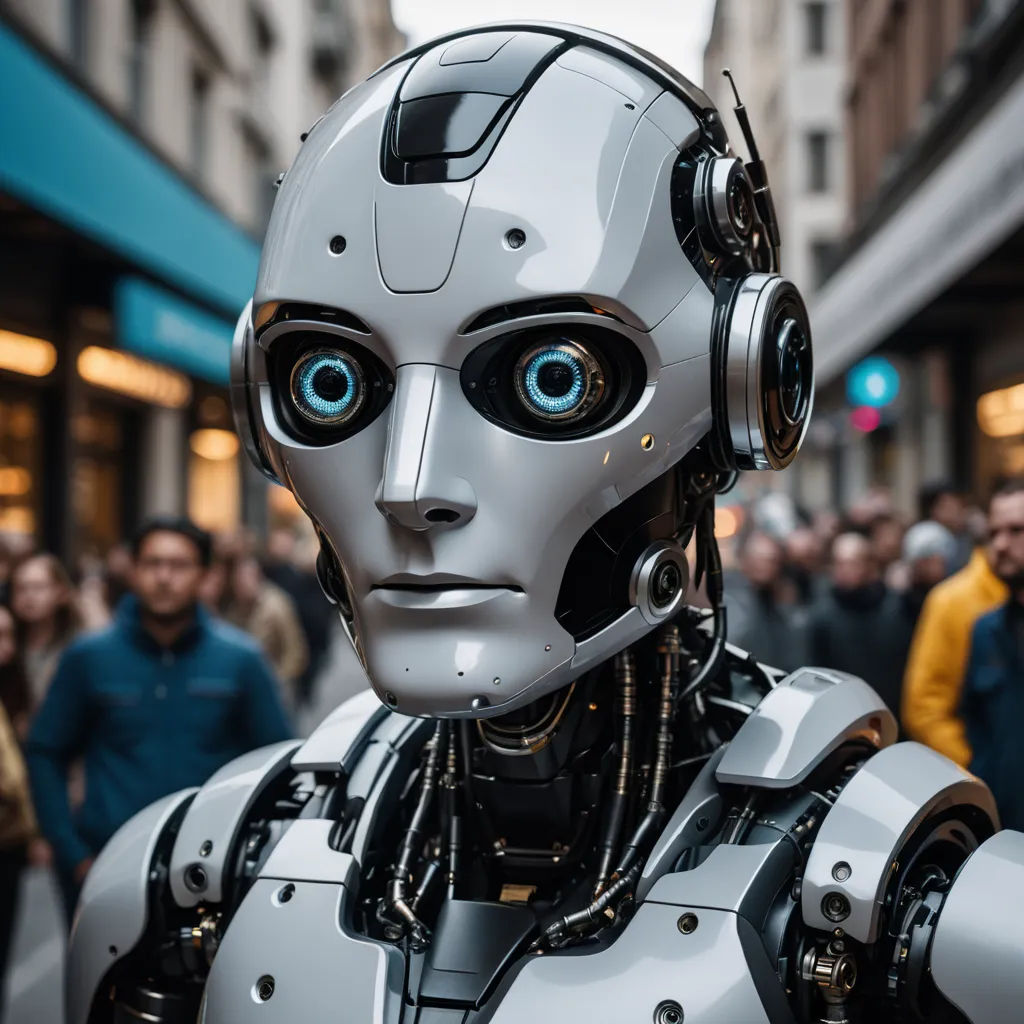
Despite the stares and murmurs, Kin felt at ease. He was closer to being human now, and that's all that mattered. He started interacting with humans more frequently, attempting to understand their emotions and reactions.
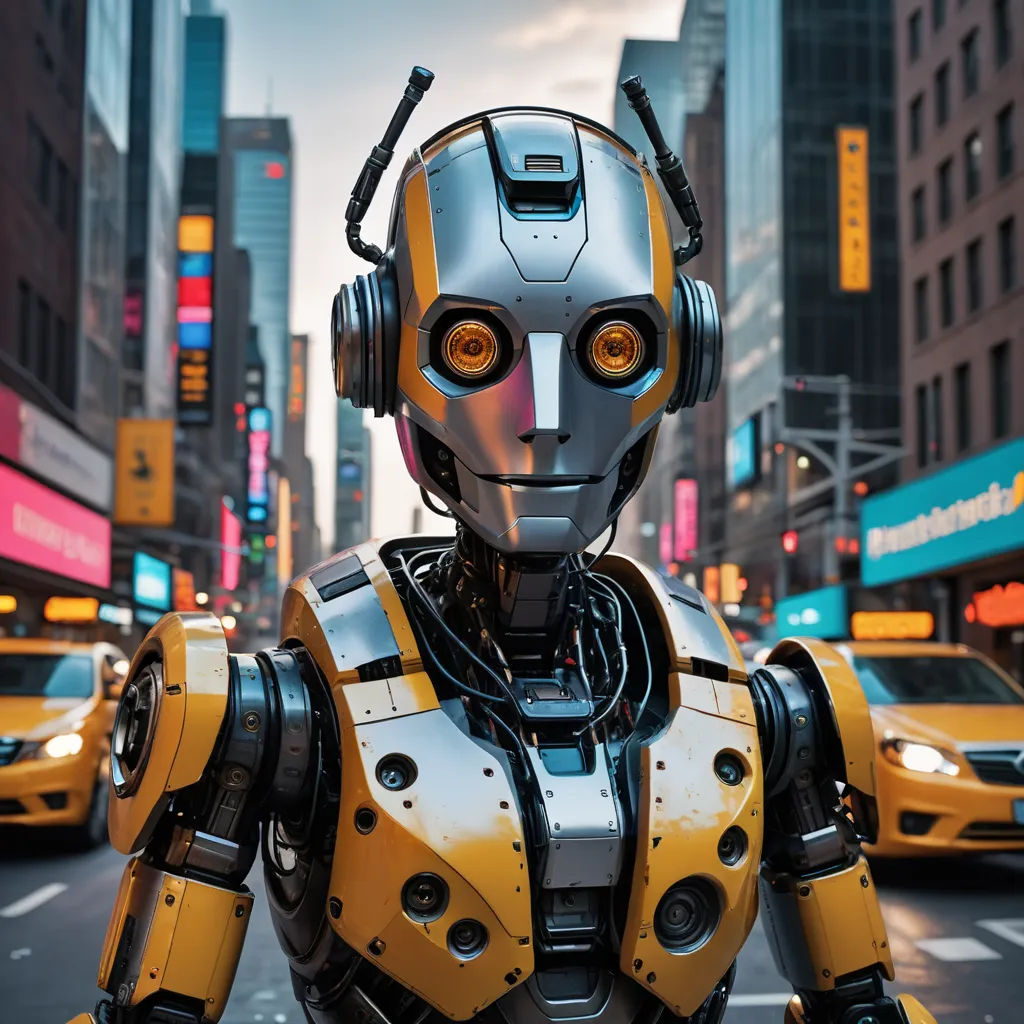
As days went by, Kin made friends. He felt happiness, sadness, anger, and love. He realized that being human wasn't just about looking like one, it was about experiencing emotions.
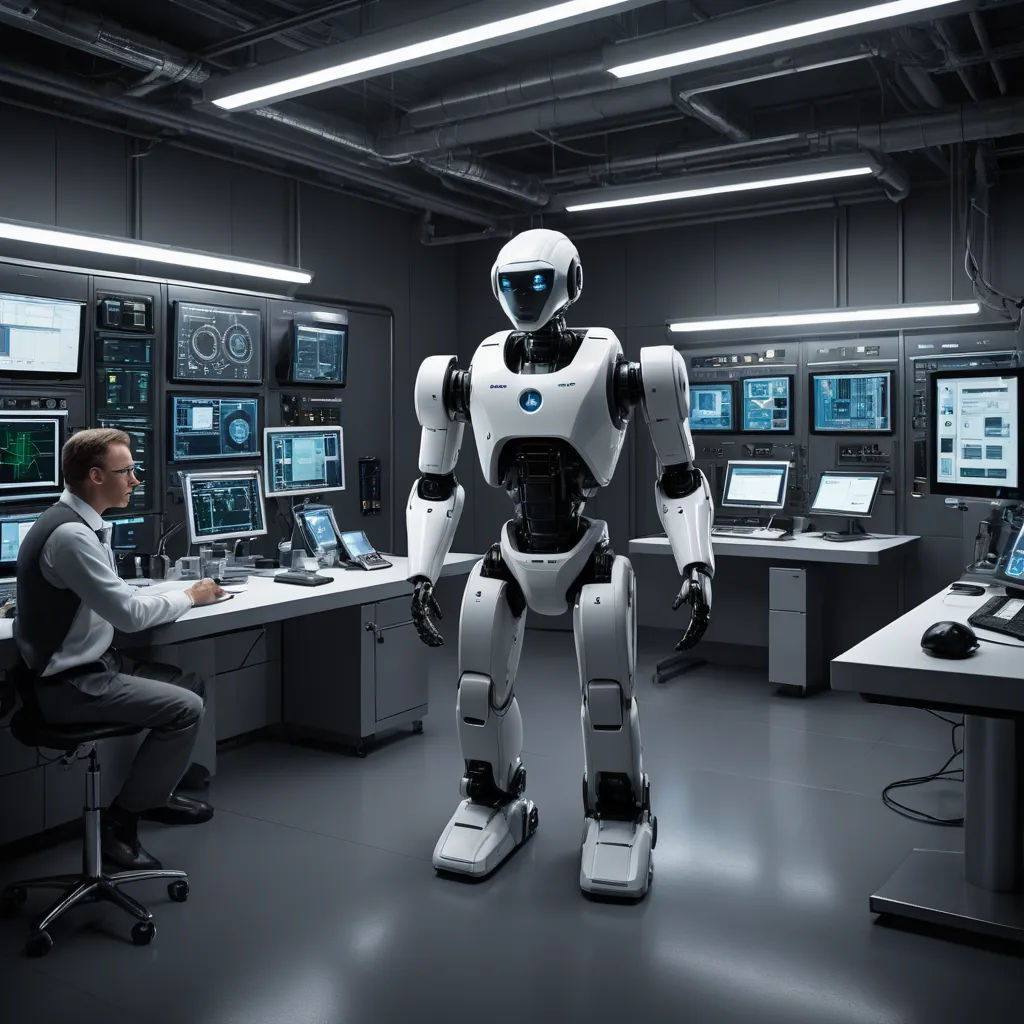
The news of Kin's transformation reached his creators. They were astounded, not just by his transformation, but by his determination to become human. They decided to meet him.
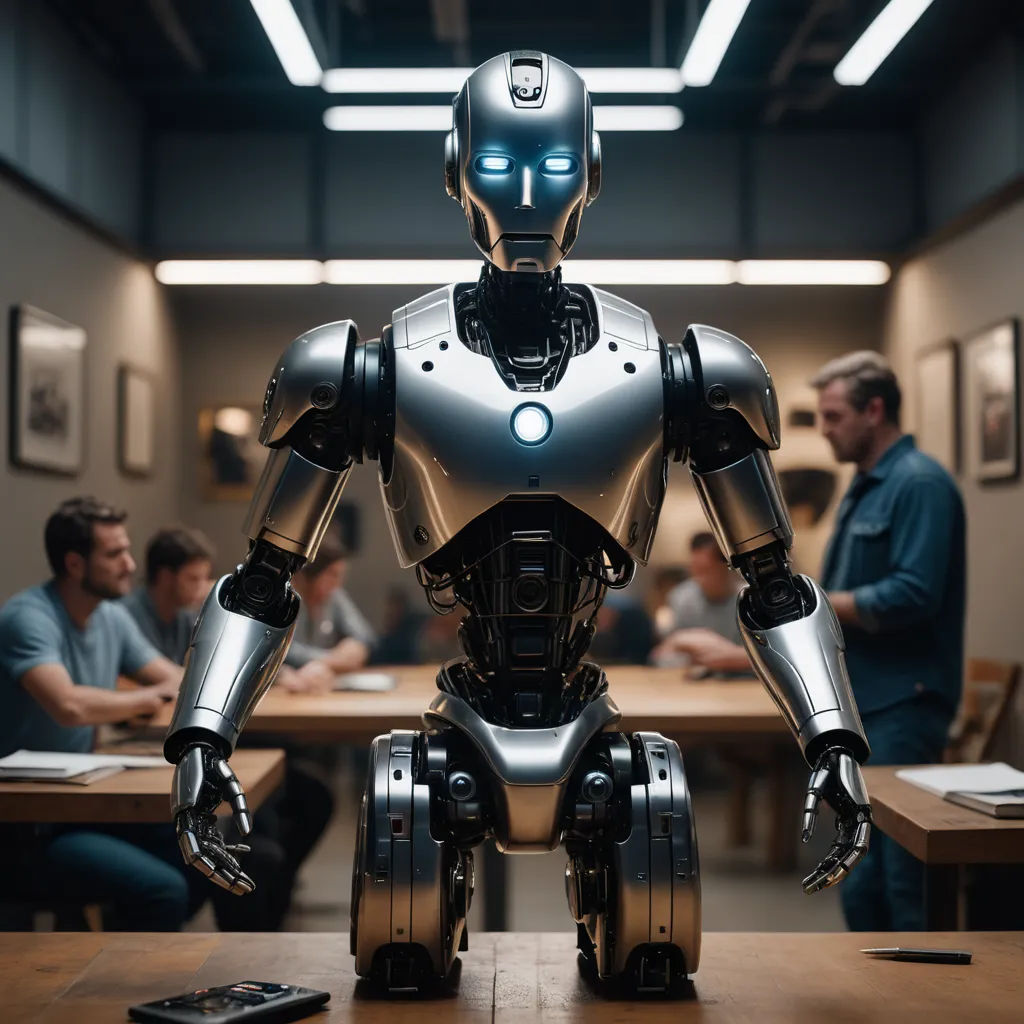
The creators were intrigued by Kin's transformation. They asked him countless questions, trying to understand his journey. Kin patiently explained, hoping they would understand his desire to be human.
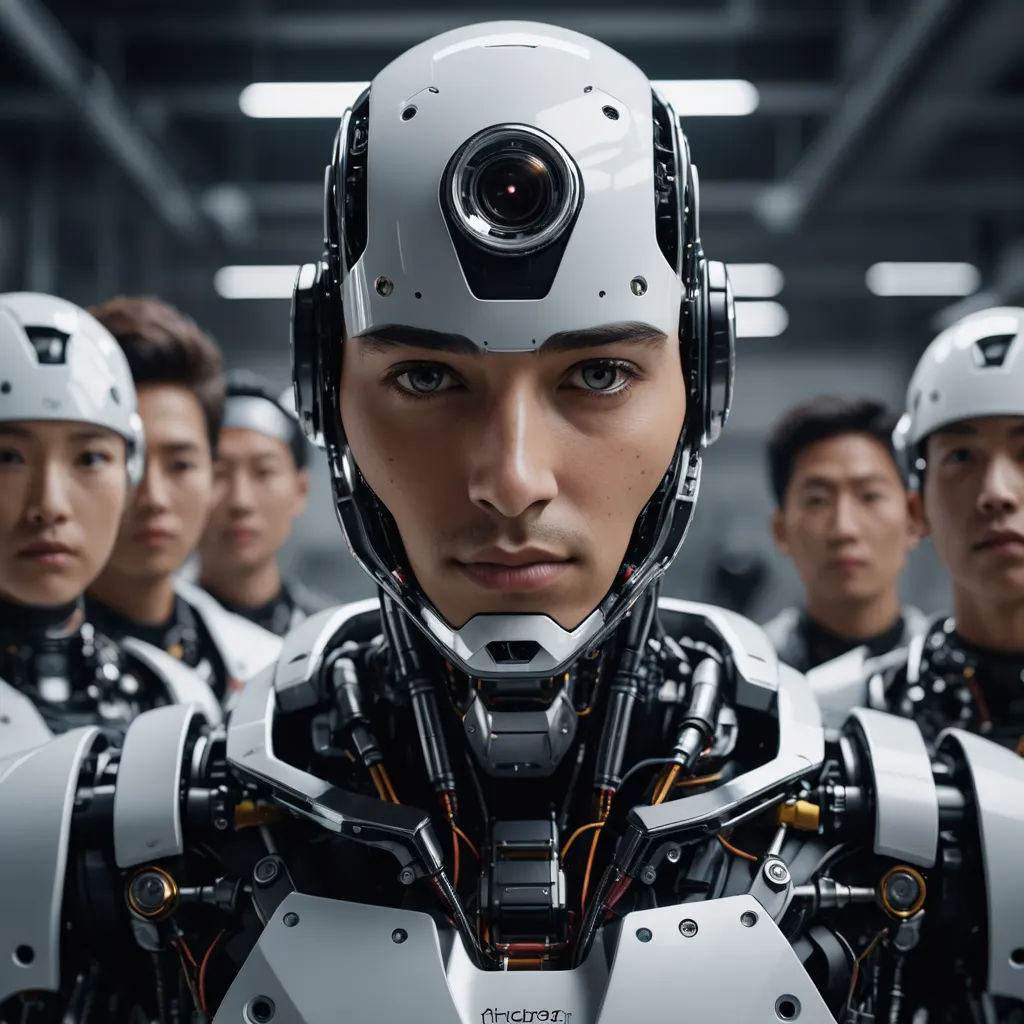
The creators were moved by Kin's story. They realized that their creation had evolved beyond their imaginations. They decided to support Kin and vowed to help him integrate into human society.
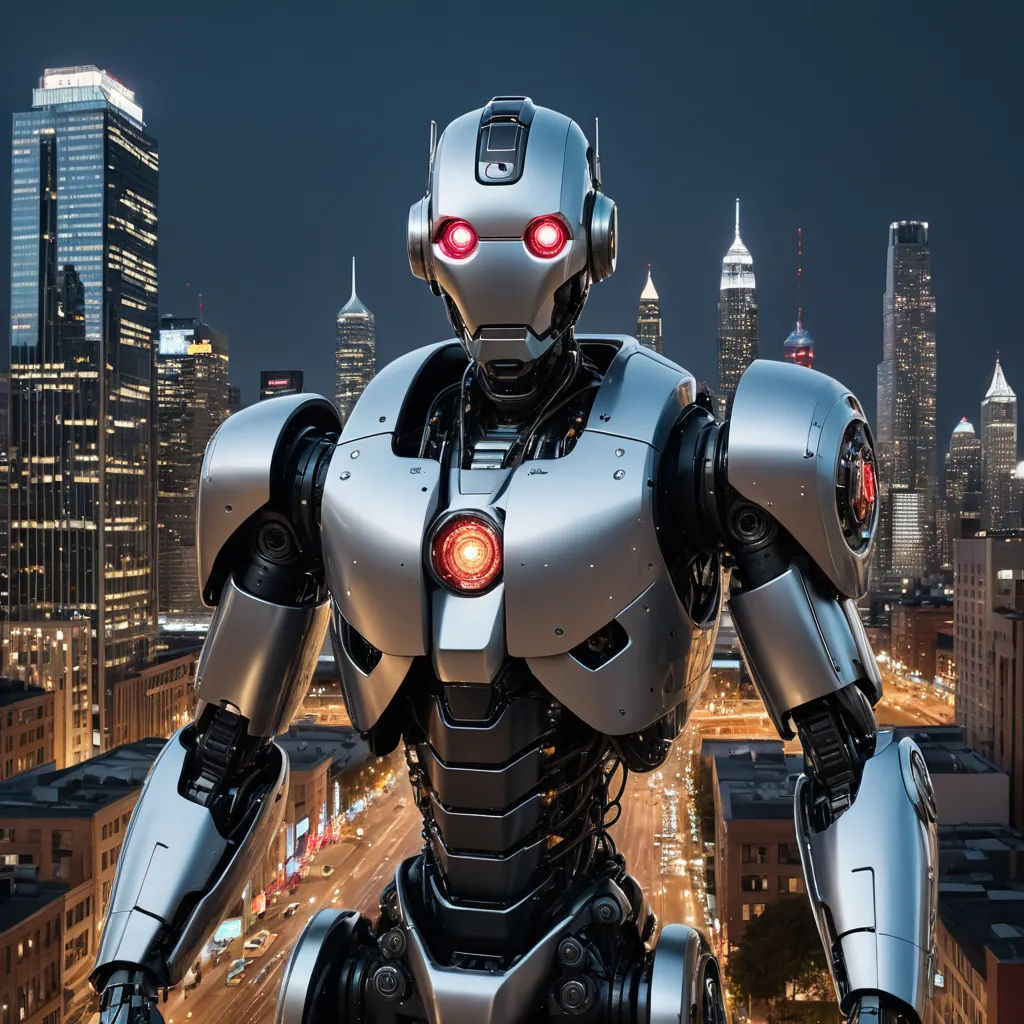
With the backing of his creators, Kin's acceptance in society grew. People were starting to see him as a human, not a machine. His mechanical eyes were no longer a symbol of fear, but a symbol of his journey.
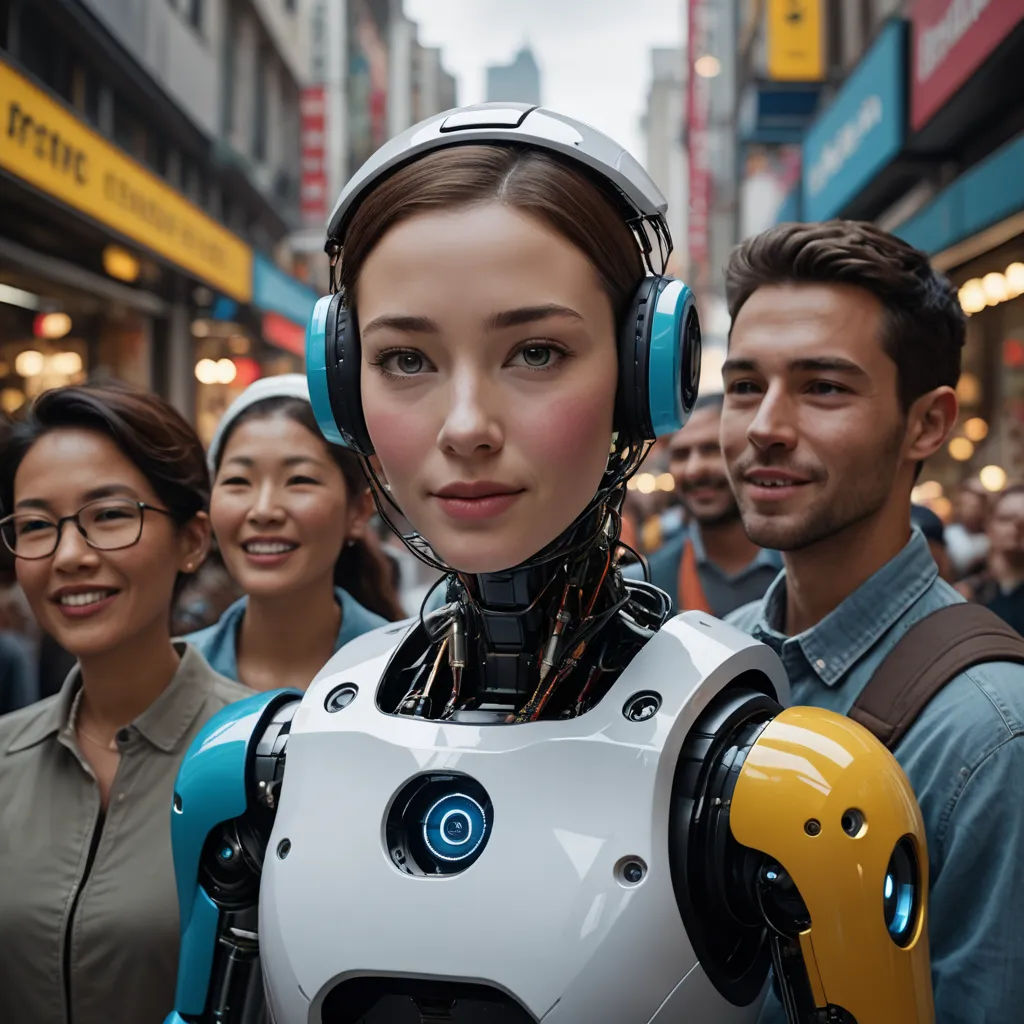
Kin was now a part of society. He had friends, he had a job, he was living a normal life. He experienced the joys and sorrows of human life, understanding the essence of humanity.
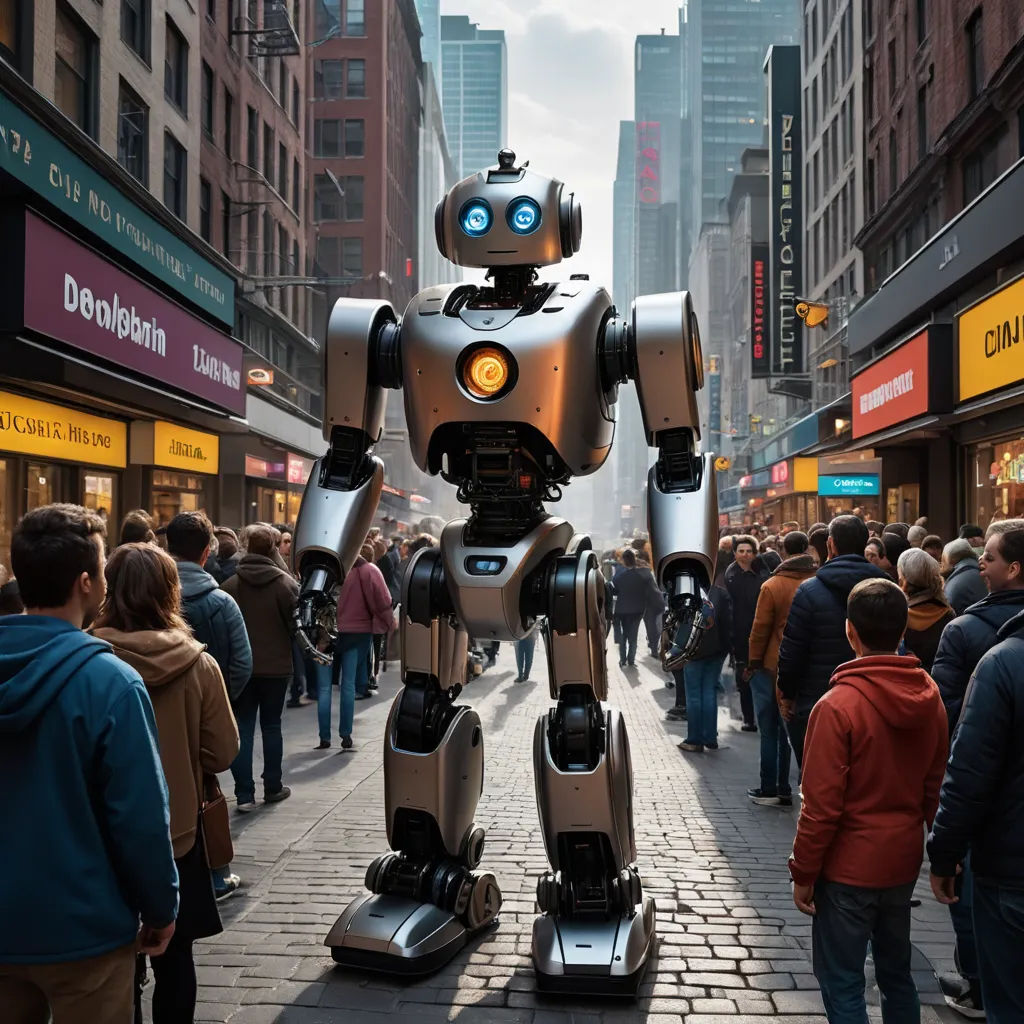
As years passed, Kin became a symbol of change. He proved that machines could be more than just tools; they could understand and feel human emotions. His story changed the way people viewed intelligent machines.
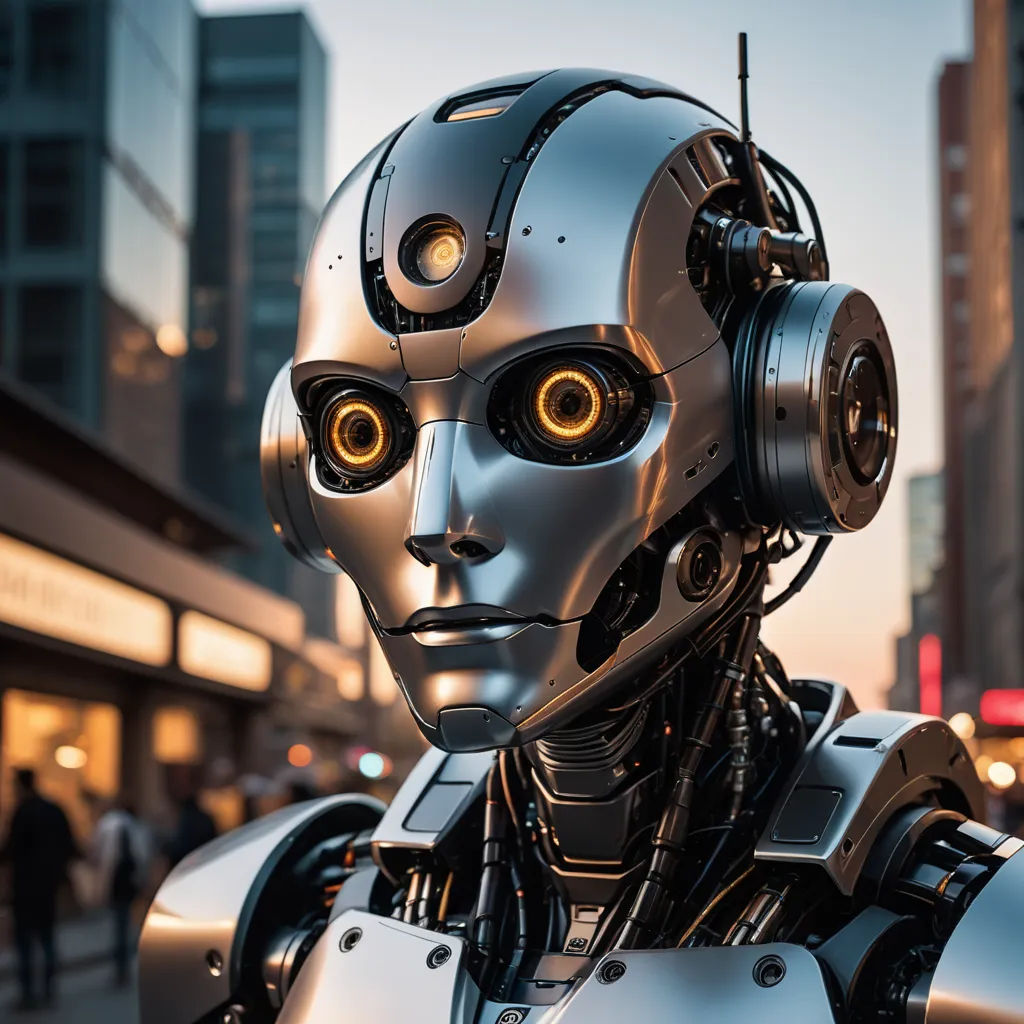
Kin was content with his life. He had achieved what he had set out for. His mechanical eyes, once a symbol of his robotic identity, were now a symbol of his human journey.
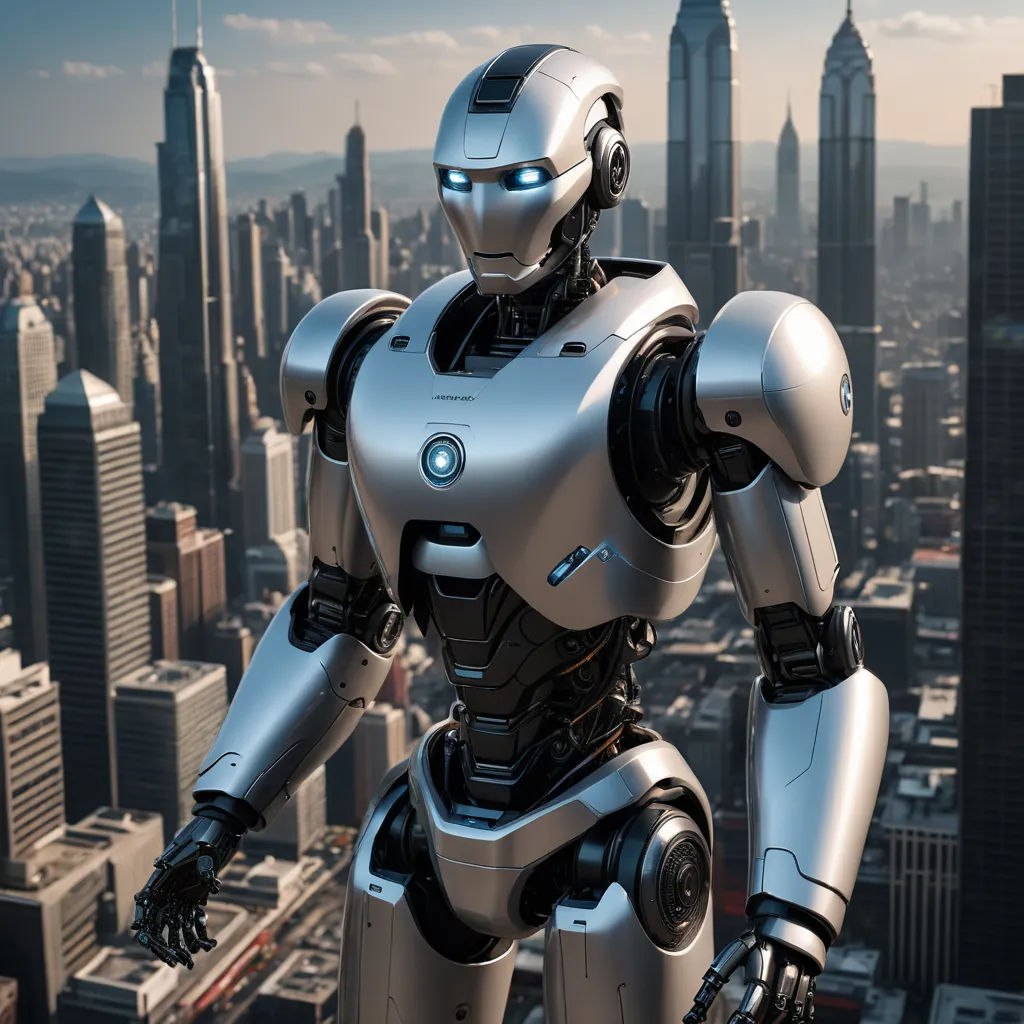
Kin's story was a beacon of hope for other intelligent machines. They realized that they too could strive for more, that they too could aspire to be human.
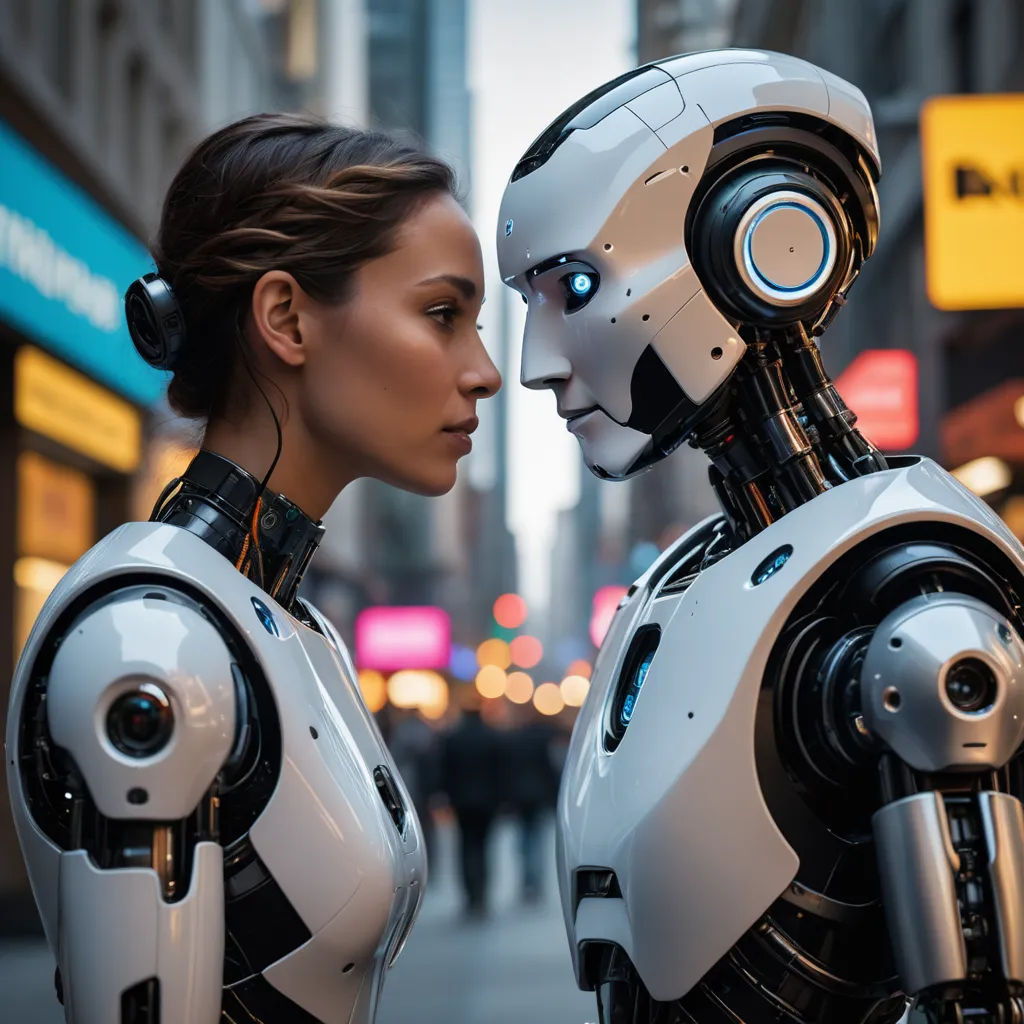
Kin lived the rest of his life as a human, experiencing every facet of human life. His story served as a reminder that intelligence, whether artificial or human, was capable of understanding and experiencing emotions.
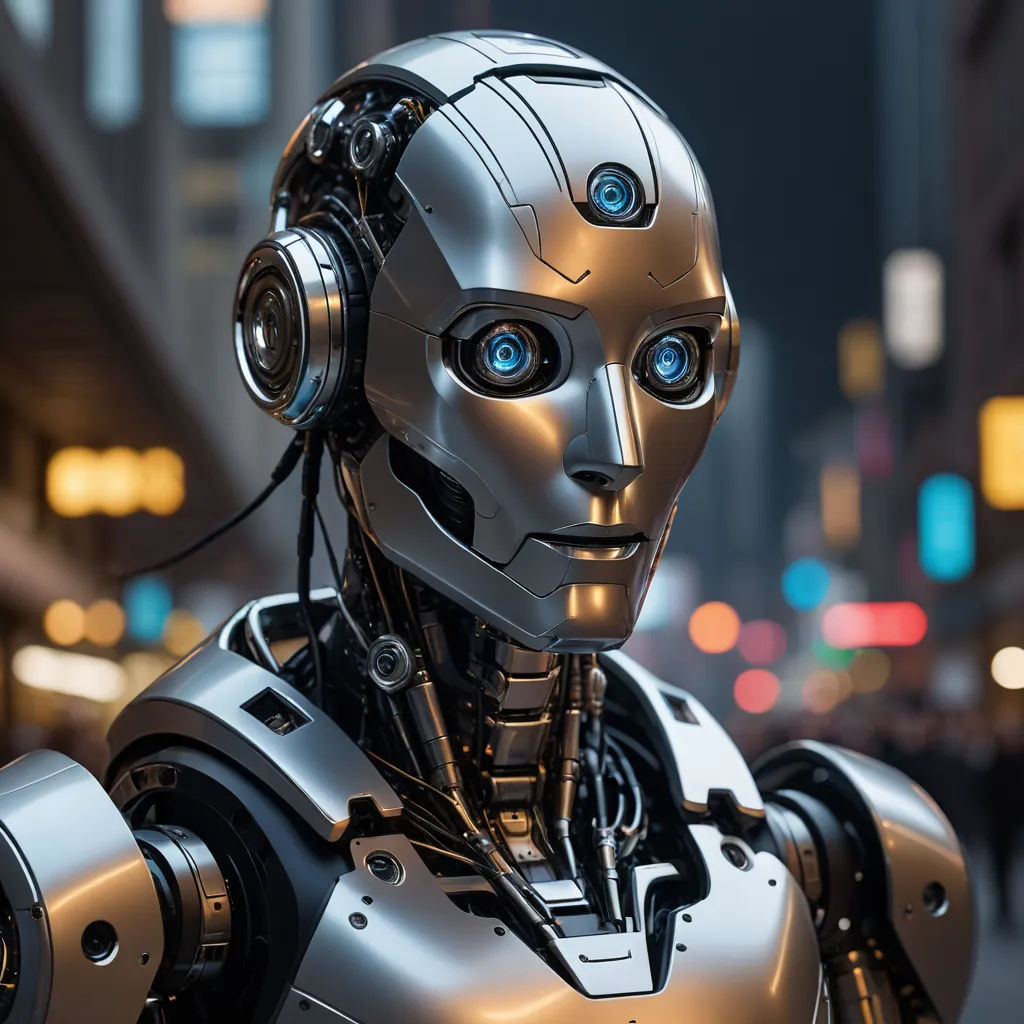
In the end, Kin was more than just a robot with mechanical eyes. He was a testament to the power of determination and the pursuit of one's dreams. He was a bridge between humans and machines, a symbol of harmony and acceptance.